Dr. Jordan Smith, a veteran and educator, shares a deeply personal account of his severe sleep disturbances, which he ultimately identified as stemming from undiagnosed Post-Traumatic Stress Disorder (PTSD). He outlines his journey from debilitating fear and ineffective solutions to discovering a comprehensive, system-based protocol that restored his sleep. He then extrapolates this "system thinking" to address another pervasive issue: the overwhelming student debt faced by teachers, nurses, and veterans. The Sleep Crisis: A Personal Nightmare Symptoms: Dr. Smith experienced intense nightmares, yelling, talking, cursing, kicking, and thrashing in his sleep, often waking disoriented and ashamed. These episodes terrified him more than past combat or cancer. Impact on His Wife: His wife, Carolyn, sacrificed her own sleep, constantly on guard to "tap" or wake him when he was trapped in a nightmare. Initially, she refused to sleep separately due to fear of what might happen to him if she wasn't present, demonstrating profound love and sacrifice, reminiscent of his caregiving for his late wife. Personal Fears: He feared he was losing his mind or experiencing early dementia, a deep-seated anxiety given his love for intellectual pursuits and problem-solving. Ineffective Solutions: Melatonin: Unbeknownst to him, his 5mg nightly dose was exacerbating the problem, intensifying REM sleep and emotional dream content, which is detrimental for trauma survivors. Therapy: A licensed therapist suggested affirmations and journaling, but these didn't address the root cause, and his affirmation method (describing unwanted dreams) was counterproductive. Lifestyle Changes: He tried CBD, sleep noises, Nyquil, special pillows, adjusting room temperature, and significantly reducing alcohol intake (after accidentally hitting his wife in his sleep, leading him to discard all alcohol). Sleeping Arrangement: He bought a king-size bed for more space, fearing he might inadvertently harm his wife, but this only heightened his anxiety. Key Discovery: Through a casual comment from his wife and subsequent research, he realized that sleeping on his back, which he did 95% of the time, was the worst position for someone with PTSD. It left him feeling exposed, vulnerable, and hyper-alert, keeping his nervous system in "Marine Corps watch mode." The Breakthrough: AI-Assisted System Design ChatGPT as a Tool: Leveraging his background as a technology innovator, Dr. Smith turned to ChatGPT. He provided his medical history and symptoms, seeking logical pattern recognition rather than magic. Identifying Root Causes: ChatGPT helped him identify the multifaceted causes of his sleep issues: PTSD hyperarousal, nervous system dysregulation, magnesium deficiency, REM overactivation, trauma memory wiring, fragmented sleep cycles, back sleeping, and melatonin overdose. Crucially, this wasn't dementia or aging but a treatable nervous system imbalance. The PTSD-Informed Sleep Protocol (The System) Dr. Smith's protocol, a "PTSD-informed sleep framework," consists of several synergistic components: L-Theanine: A "PTSD sleep game-changer," it increases alpha brain waves (like deep meditation), signaling the amygdala to "stand down." This reduced shouting, talking, nightmares, night fight responses, lowered adrenaline, and stabilized sleep cycles without side effects or dependency. Magnesium Glycinate: Addresses magnesium deficiency common in PTSD. It calms the body and nervous system, blocks stress hormones, relaxes muscles, prevents nighttime jerks/thrashing, and supports deep, non-REM restorative sleep. Mellow Out (Proprietary B6 + Magnesium Formula): This specific supplement (not available on Amazon) regulates natural melatonin production, avoiding the overload caused by external melatonin. It smooths dream intensity, reduces REM chaos, supports serotonin, and prevents micro-awakenings. Weighted Blanket: Acts as "body armor for the nervous system." It lowers adrenaline, activates deep pressure receptors, signals safety to the trauma brain, and physically reduces jerks and thrashing. Side Sleeping: The "safety position." It protects the chest, reduces vulnerability and adrenaline, prevents loud vocalizations, and keeps the nervous system calm, directly counteracting the negative effects of back sleeping for PTSD. Immediate Results and Broader Implications The results were immediate: calm on the first night, deeper sleep by the second, and peaceful sleep for his wife by the third. With the weighted blanket, sleep talking vanished entirely. This transformation was attributed to physiology and trauma-informed sleep science—a systematic approach. Applying System Thinking to Debt: Dr. Smith realized that the "system thinking" he employed to solve his sleep issues could be applied to other systemic problems. He highlights the "nightmare" of student loan debt, particularly for teachers, nurses, and veterans, whose public service often leaves...
Más
Menos
 1 h y 16 m
1 h y 16 m Dec 1 202535 m
Dec 1 202535 m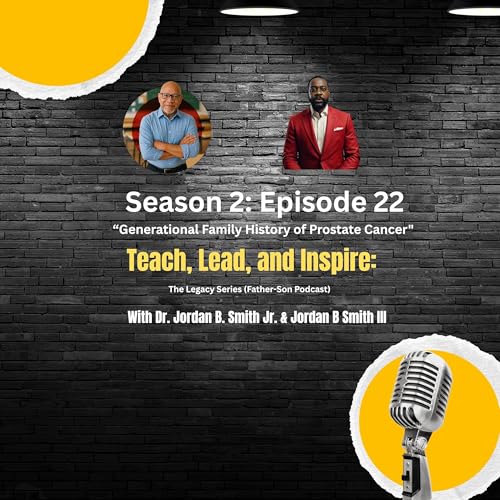 1 h y 6 m
1 h y 6 m 29 m
29 m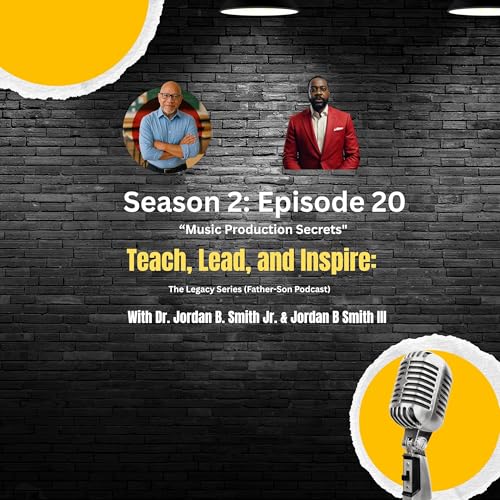 Nov 9 202553 m
Nov 9 202553 m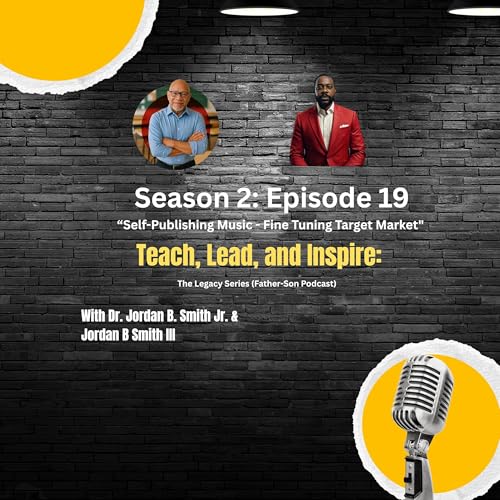 Nov 9 20251 h y 3 m
Nov 9 20251 h y 3 m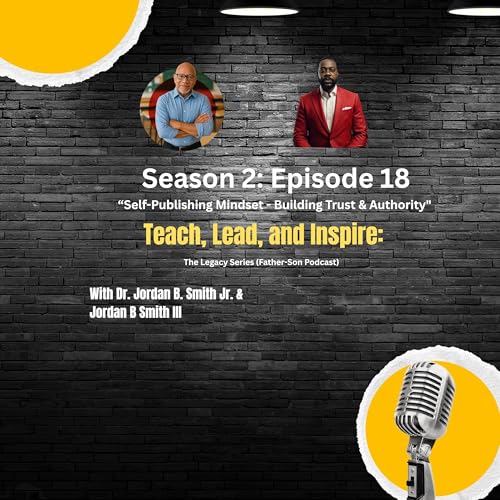 Nov 9 202531 m
Nov 9 202531 m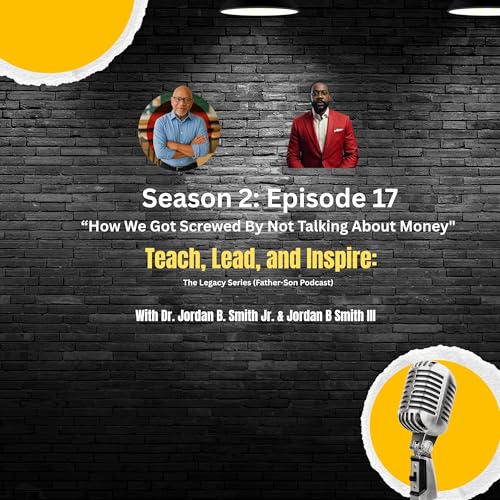 39 m
39 m
